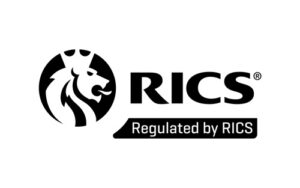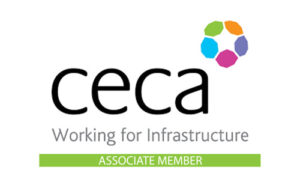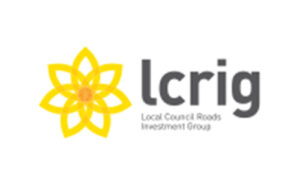The construction industry is undergoing a technology-driven revolution, and digital technologies are increasingly being used to improve efficiency, reduce costs, and enhance transparency. While their application in dispute resolution has been limited, there are numerous potential benefits that parties should consider. As a chartered quantity surveyor and construction adjudicator, I have witnessed this evolution and offer some insights on how to navigate this new era of dispute resolution.
Benefits of Digital Technologies in Dispute Resolution
Digital technologies can improve the accuracy, efficiency, and transparency of dispute resolution. They can automate time-consuming tasks, provide real-time access to information, and reduce costs, making dispute resolution more accessible to smaller construction firms.
Drawbacks of Digital Technologies in Dispute Resolution
There are also potential drawbacks to consider, such as technical glitches, privacy and security concerns, and a loss of personal touch in the dispute resolution process.
Navigating the Use of Digital Technologies in Dispute Resolution
To effectively navigate the use of digital technologies, parties must choose the right technology, balance efficiency and accuracy, maintain transparency, and ensure privacy and security. By doing so, they can ensure that digital technologies do not compromise the personal touch that is essential in dispute resolution.
Conclusion
Digital technologies are not a panacea for all dispute resolution problems. Effective dispute resolution still requires critical thinking, communication, and a willingness to compromise. However, by embracing digital technologies, construction firms can remain competitive, reduce costs, improve efficiency, and provide more accessible and transparent dispute resolution.
To learn more about how digital technologies can enhance dispute resolution in the construction industry, contact a chartered quantity surveyor and construction adjudicator like me today.






